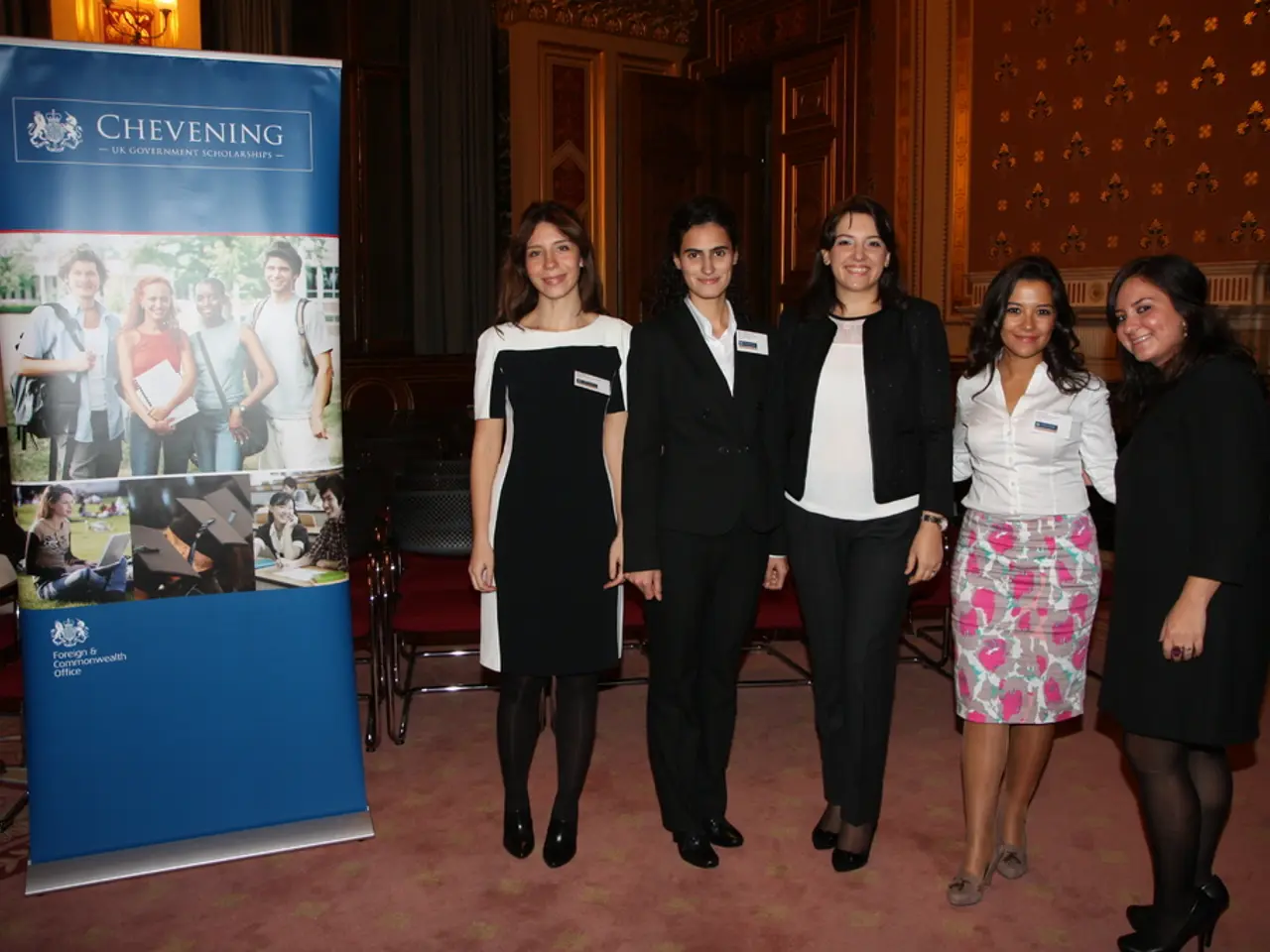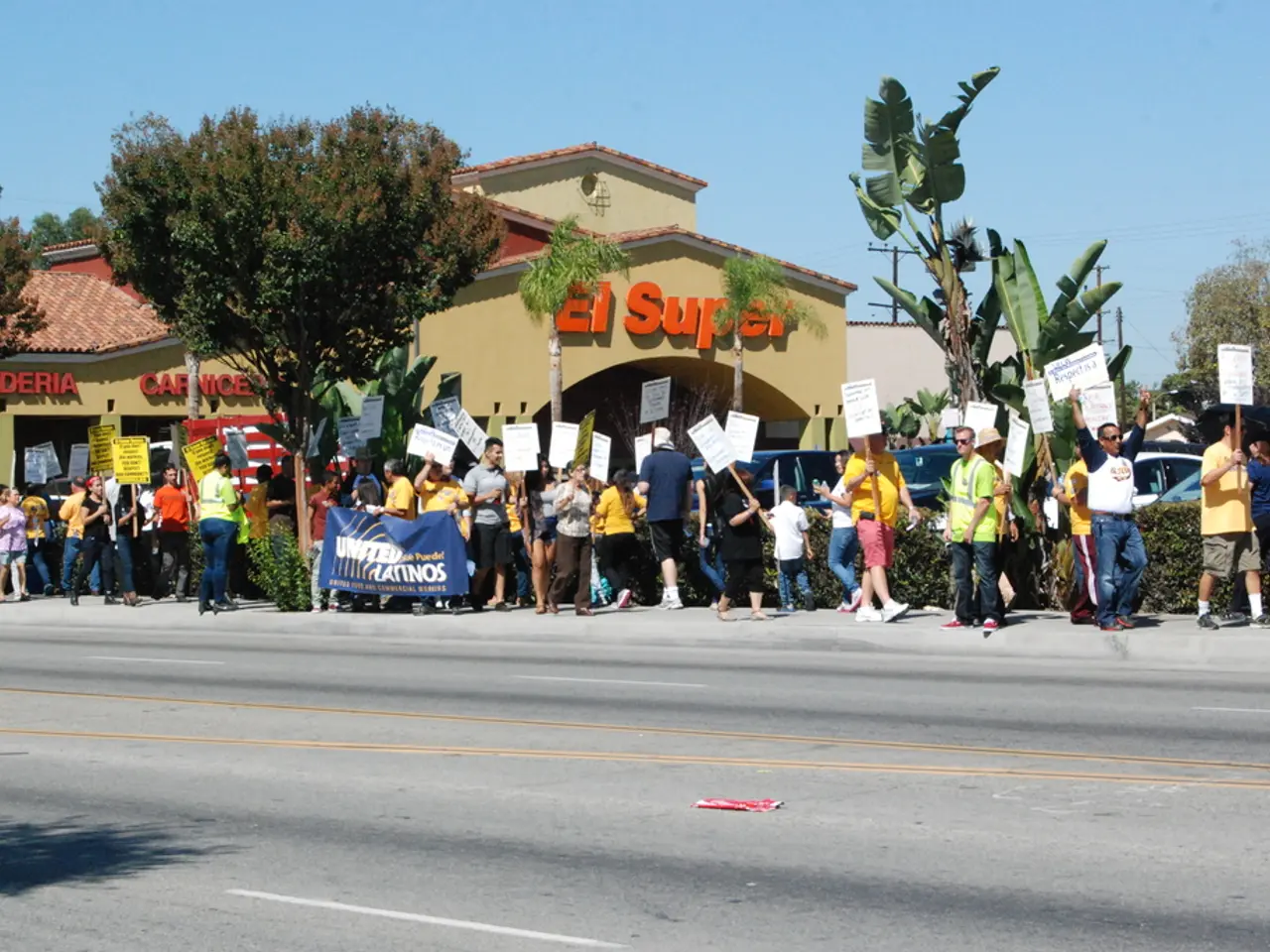Demonstrations of Pride affirm equality, but it seems that full acceptance hasn't been achieved yet.
Laying the Groundwork
In a chat with our site during the Pride Month, ex-PM Srettha Thavisin underlines that celebrations for LGBTQ+ rights should not be restricted to a single month. Rather, equality should be engrained in daily life through law, policy, and social acceptance.
Srettha's administration was instrumental in passing the Marriage Equality Law, making Thailand the first Southeast Asian, third Asian, and 38th global nation to legalize same-sex unions. The reform was met with widespread applause for boosting LGBTQ+ rights in the region.
Srettha expresses that LGBTQ+ individuals aim for genuine acceptance and equal rights rather than turning each month into something special for themselves. Such focused celebrations can unfortunately make them feel further marginalized.
While the Pride Month gains traction in Thailand, Srettha insists that inclusion should be year-round, not a seasonal phenomenon. He believes that Pride should permeate everyday life.
"LGBTQ+ people aren't asking for special treatment; they want to be treated fairly under the law," Srettha says.
But legal victories are merely stepping stones. Srettha calls for a renewed focus on other essential laws, such as the Gender Recognition Bill and reforms to laws affecting sex workers.
Transgender women, he notes, often face legal barrriers as they are still referred to as "Mr" in official documents, despite having transitioned. This discrepancy can lead to unwanted scuffles with government institutions.
"Equality isn't about special treatment; it's about fairness and equal rights," Srettha stresses. "By enacting inclusive legislation, Thailand can become a symbol of diversity and equality globally."
The parliamentary process is underway for more legislative reforms. It's time for MPs to take action, Srettha says. "If they fail to deliver, they will face the consequences of disillusioned voters."
Beyond LGBTQ+ Rights
Srettha reminds us that LGBTQ+ equality is part of the broader struggle against inequality in all aspects - education, healthcare, and economic opportunities.
Srettha raises concerns that continuing inequality is contributing to Thailand's declining birth rate. With 66 million people residing in Thailand now, that number may drop to just 37 million within 50 years. He attributes this demographic shift to Thais unwilling to bring children into a world with the same barriers and unequal opportunities.
Thailand's unaffordable education system and brain drain are feeding into this distressing trend. Srettha suggests that international schools, which enjoy tax exemptions and charge high tuition fees, should do more by offering scholarships to disadvantaged students.
Access to quality education should not depend on wealth, he emphasizes.
Srettha acknowledges his own educational privilege and that of his children, who had the means to study abroad.
He remarks that many Thai children are forced to drop out of school to help their families, leaving their futures at risk.
He asks critics to stop misusing elite training programs as political stepping stones and instead use the resources for constructive public service.
Tax policy, according to Srettha, plays a crucial role in distributing opportunities and building public services in rural areas.
"If you have income, you should pay tax," he insists. "These funds help build roads, provide clean water, and improve healthcare."
Srettha rejects the notion that taxation inevitably leads to corruption. He emphasizes that corruption should be addressed, but it should never be used as a reason to avoid fair taxation.
Srettha views agriculture as central to Thailand's economy and advocates for value-added products to help boost farmers' income.
"Country like France turns grapes into fine wine, and Japan converts rice into sake. Why not create high-quality liquor from Thai rice to propel local economies?" he questions.
Srettha concludes that equal rights lead to a resilient nation. "If people feel safe, valued, and treated fairly, they will choose to stay, raise families, and invest in their country's future."
"In essence, equality means not just rights on paper, but the courage to live, work, and build a life in dignity."
- Srettha highlights that the fight for LGBTQ+ rights is interconnected with other struggles against inequality, such as education, healthcare, and economic opportunities.
- Srettha asserts that equal rights, including LGBTQ+ rights, are essential for creating a resilient nation, as they encourage people to feel safe, valued, and treated fairly, leading them to stay, raise families, and invest in their country's future.





